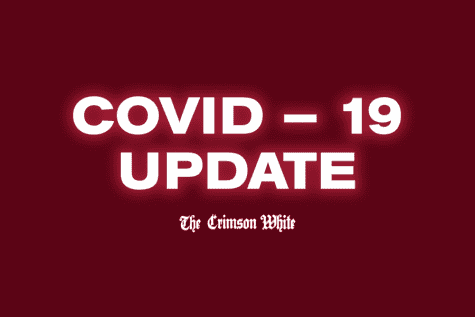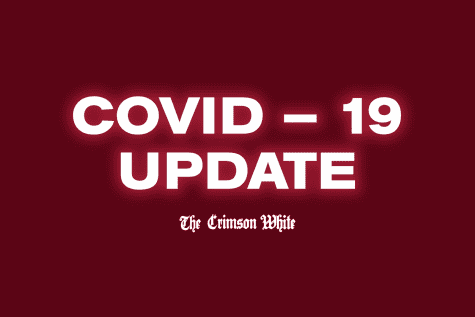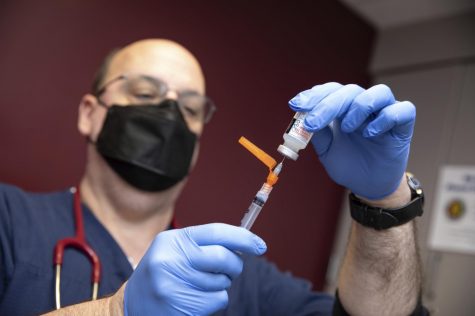Entry testing not required for most students in the spring
About one-third of all students are required to be tested prior to arrival next semester
Unlike the fall semester, the University will not require COVID-19 entry testing for all students returning to campus in the spring.
Only students living on campus, including housing and residential communities or Greek housing, and employees will have to report a negative test result to be cleared for campus entry.
“The thought process there is that they are exposed to one another in a closer environment… where our medical folks and our contact tracing folks have told us they have seen cases transmitted,” UA Chief Administrative Officer Chad Tindol said.
In Tuesday’s Faculty Senate meeting, Tindol said about 10,000 students will meet requirements for mandatory entry testing, which means around 30% of the student population will have to participate.
In place of entry testing, the University plans to increase sentinel testing, the random sampling of asymptomatic individuals that seeks to understand the spread of infection on campus. If selected, participation is voluntary for most, but is mandatory for on-campus students, intramural athletes and members of student organizations that attend in-person meetings.
All students, faculty and staff were required to submit a negative test result within two weeks of returning to campus for the fall semester. The University provided tests on campus by appointment, but individuals could also seek out private testing and report their results.
The University enforced entry testing in the fall to minimize the spread of infection on campus as individuals returned to Tuscaloosa from across the country. The University has decided against this tactic as they anticipate the return of students after winter break.
On the first day of the fall semester, the Alabama Department of Public Health reported a 7-day moving average of about 1,000 cases. This figure was nearly double the number of reported cases on the last day of in-person instruction for the semester.
The CDC’s national ensemble forecast for this week predicts that the number of new deaths from COVID-19 will increase in Alabama over the next four weeks.
Cases have increased since the beginning of the fall semester and are projected to follow this trend until in-person instruction resumes on Jan. 13. About 3,000 students, faculty and staff tested positive over the course of the fall semester as the University operated under a hybrid learning model. The University has proposed a full return to campus in the spring for all students and employees without medical exemptions.










